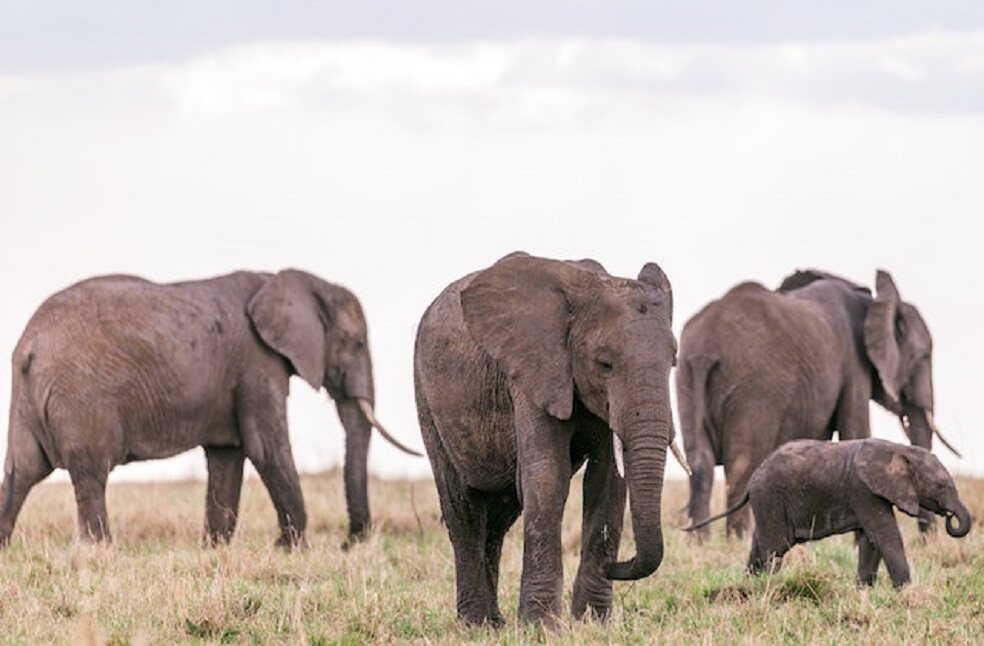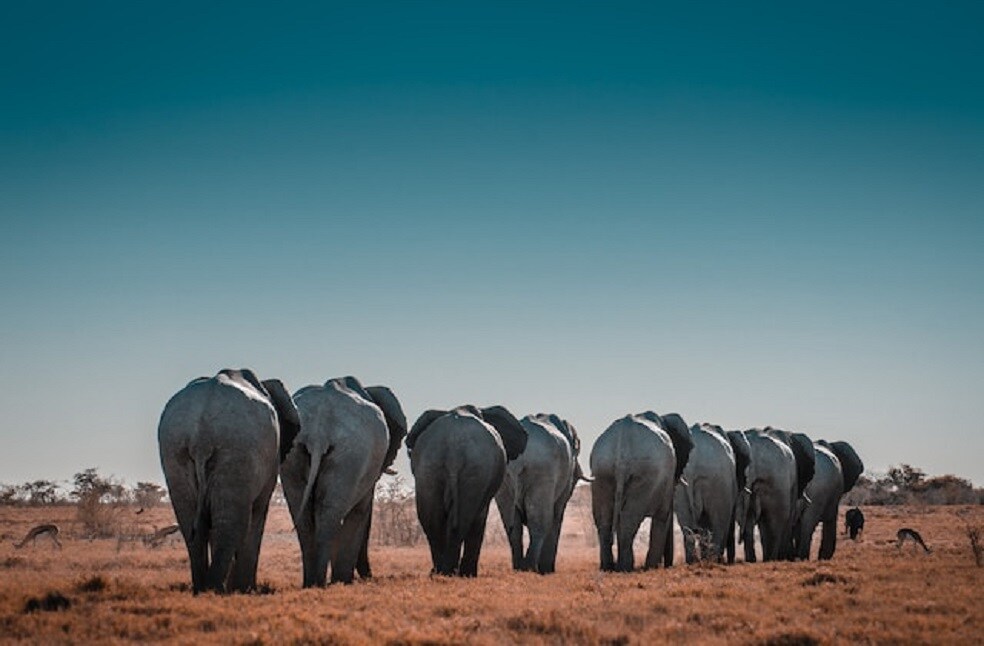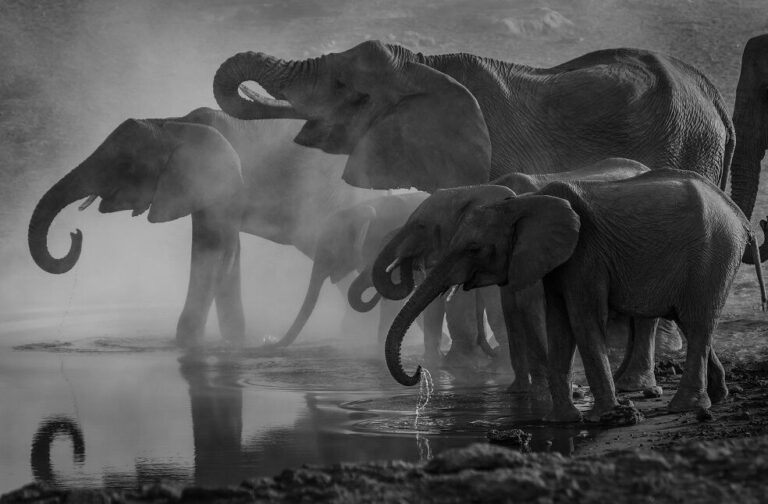Kenya: In a new study researchers have discovered that wild savannah elephants in Kenya call each other with specific vocal sounds, which they use to communicate.
The research hasn’t undergone peer review yet. But if the findings can be confirmed, elephants could become the only non-human animal to use random names in communication.
Bottlenose dolphins can mimic unique signature whistles to communicate with specific individuals, but scientists note that this differs slightly from human communication.

Behavioural ecologist Mr. Michael Pardo from Colorado State said his team’s findings could potentially “blur the line” between “what we think is unique to human language versus what is found in other animal communication systems.”
Mr. Pardo and his team spent extensive hours recording elephant rumbles in the wild at two distinct locations in Kenya. The team collected 625 rumbles. Among them were contact rumbles, similar to those mentioned earlier, and greeting rumbles, which happen when elephants reunite after a period of separation.

By examining the different characteristics of these rumbles, scientists utilised a machine learning model to accurately forecast the intended recipient of each rumble. The findings indicate that particular rumbles were unique to specific receivers, and these sounds didn’t depend on imitating the recipient.
When researchers played selected rumbles to 17 wild elephants, the elephants reacted by moving more swiftly towards the sound associated with their ‘name,’ and they also responded vocally more rapidly.
Additionally, these vocal labels appeared to remain relatively consistent throughout the herd. In simpler terms, different elephants frequently use similar rumbles when communicating with the same recipient.

Out of all the recorded elephant rumbles in Kenya, roughly one-fifth were recognised as individual vocal labels. This pattern is quite similar to how humans use names.
Researchers believe that elephant rumbles could convey a wide range of information, including age, gender, and emotional state. In certain situations, these factors might be more important than using a specific name.



